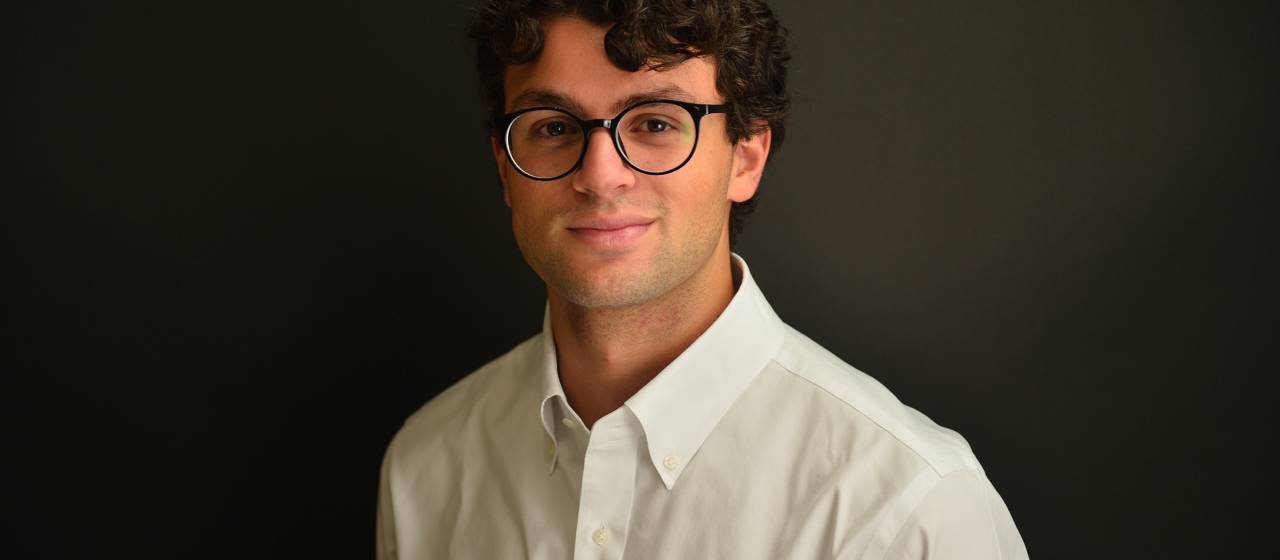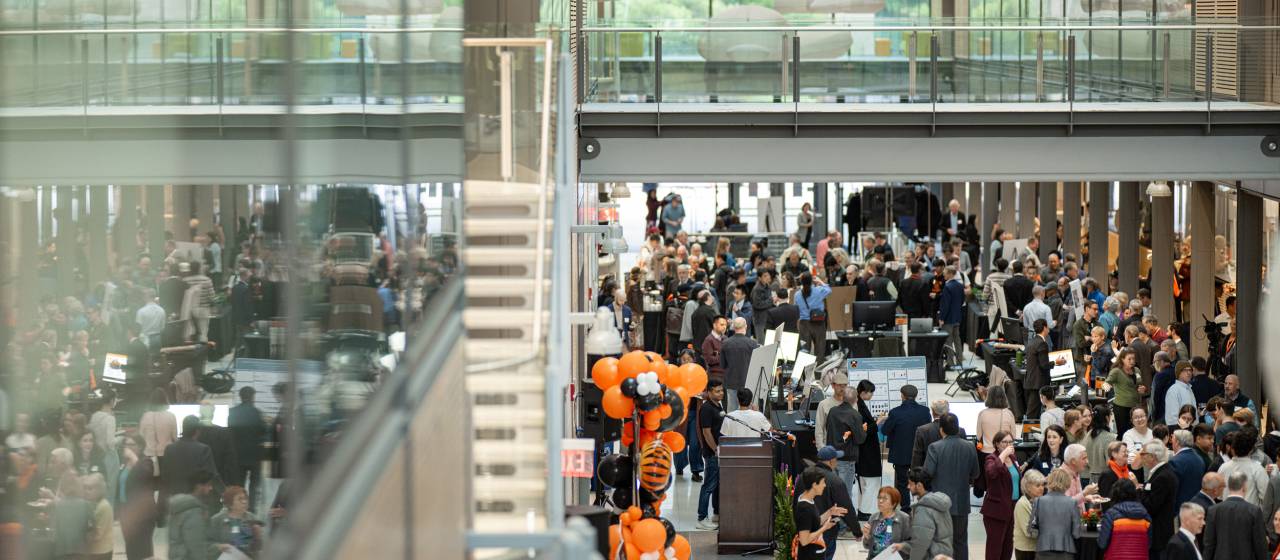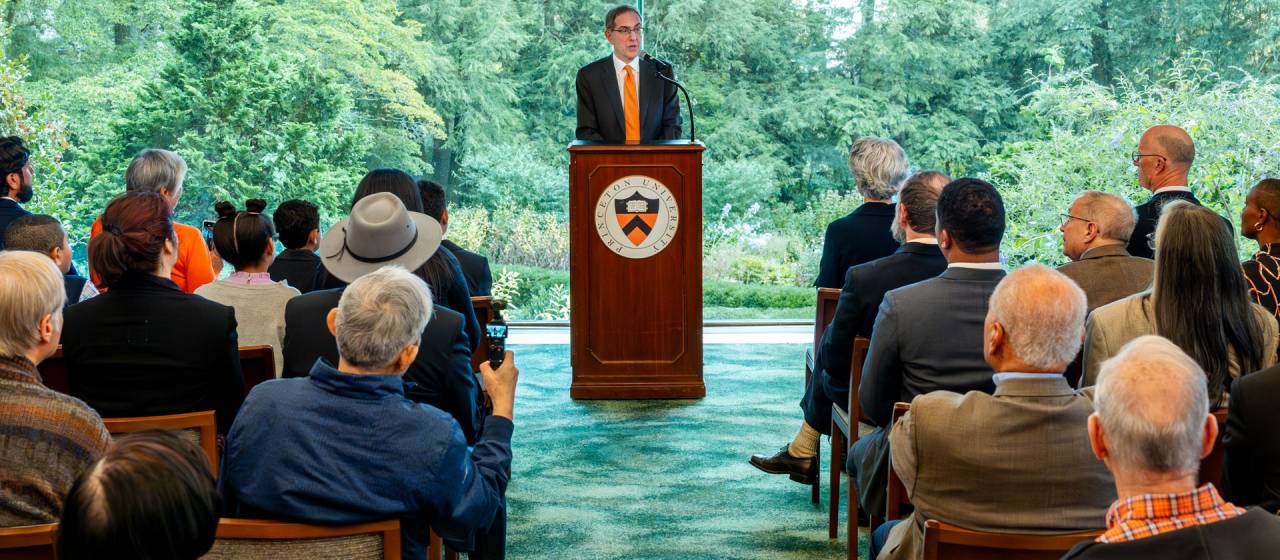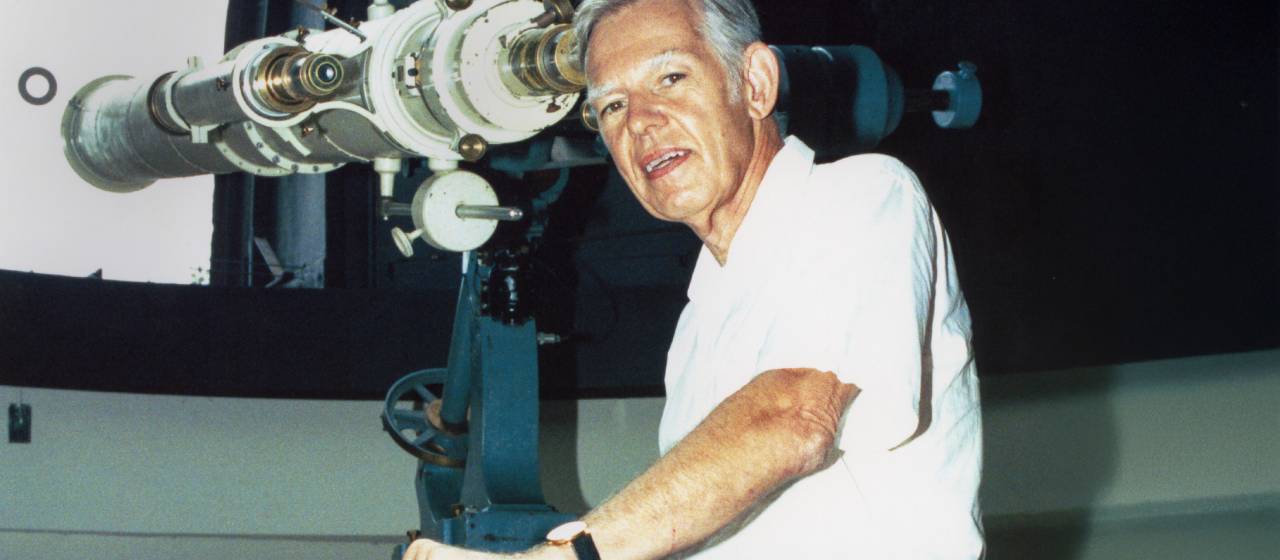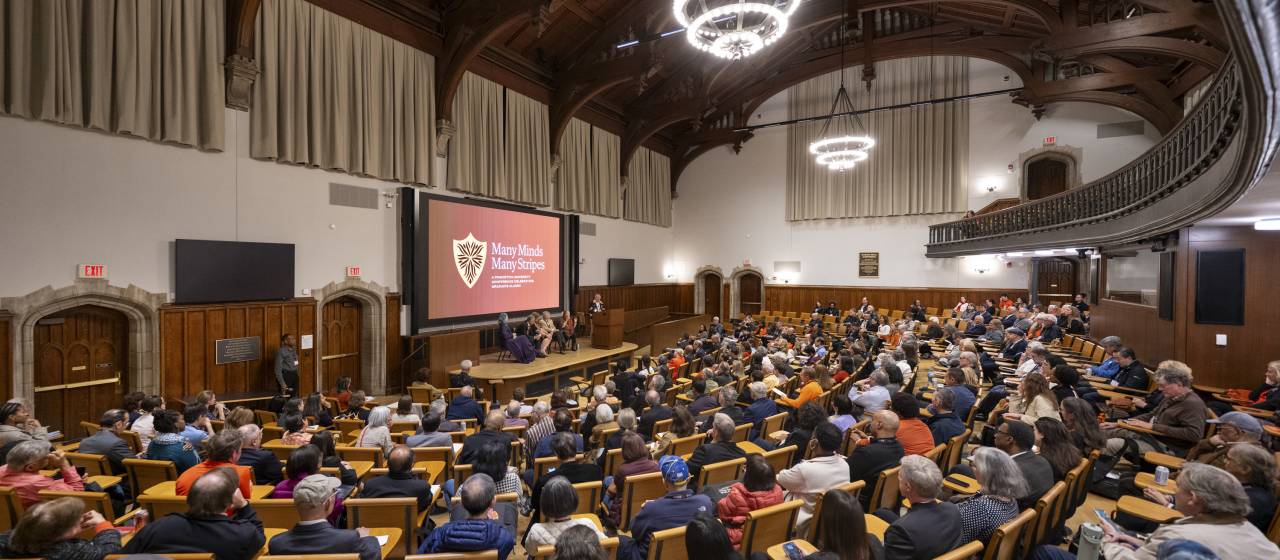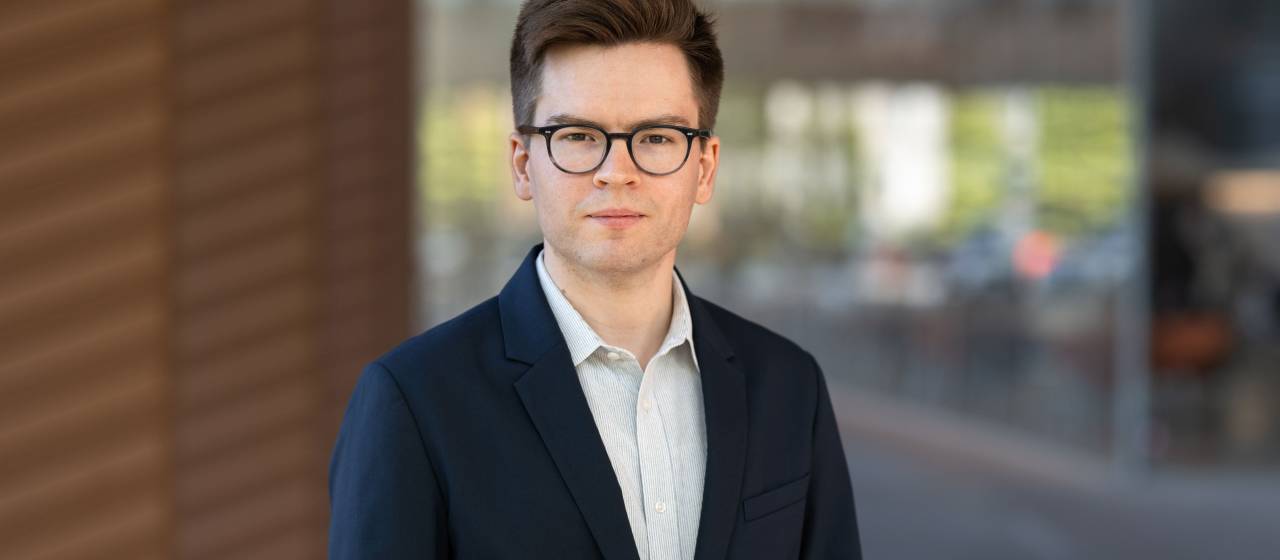Princeton senior Isam Mina awarded Rhodes Scholarship for Jordan
Princeton University senior Isam Mina has been awarded a Rhodes Scholarship for graduate study at the University of Oxford. He is among two recipients chosen by The Rhodes Scholarships for Syria, Jordan, Lebanon and Palestine (SJLP) as 2026 Rhodes Scholars. Other 2026 Rhodes Scholars, including students from the United States, will be announced later.
Mina, of Amman, Jordan, is a molecular biology major and is also pursuing minors in global health and health policy, and quantitative and computational biology. At Oxford, he will pursue an MSc in Applied Cancer Science and an MSc in Health Services Improvement and Evaluation. He will begin his studies there next October.
The Rhodes Scholarships fund two to three years of graduate study at Oxford. Rhodes Scholars are chosen from around the world. Countries announce their recipients on different schedules.
After his Rhodes studies, Mina plans to attend medical school and become an oncologist, with a focus on improving access to care and working in underfunded health systems.
Mina’s interest in oncology began at home — witnessing four of his extended family members battle cancer.
“When relatives were diagnosed, I watched my family cycle through fear, prayer, powerlessness, and, rarely, relief. I resolved to study — by tracing the genes that drive it — the very thing we feared too much to name,” he wrote in his personal statement to the Rhodes Scholarship selection committee for SJLP.
He said he first observed disparities in care during a CPR training in 2018 at a local hospital in Jordan, where one of the students struggled with her counting of chest compressions because most of the manuals and training modules for first aid were written in English. That afternoon, he sketched out the design for BEATroot, a bilingual handheld CPR device that provides audiovisual instructions and real-time feedback during chest compressions. He also launched PersuAID to expand first aid training in underserved Jordanian communities. In May, he received a Princeton Class of 1978 Foundation Grant to support PersuAID.
“Breakthroughs in the laboratory matter little if the systems that deliver them remain inaccessible or inequitable,” he wrote in his Rhodes application.
Mina said he chose to study at Princeton because of its strong focus on a liberal arts education, which he believes will make him a better doctor.
“I wanted a complete education, one that would allow me to explore my interests beyond my major,” he said. “Taking courses in the humanities and social sciences — from ‘Children’s Literature,’ ‘American Television,’ ‘Religion and Its Modern Critics,’ and a classics course on Pompeii to ‘Social Psychology’ and ‘Intro to Sociology’ — has allowed me to think critically across disciplines and learn how to engage with unfamiliar ideas. I think that’s really important for a physician.”
For his senior thesis, Mina is using machine learning to analyze large global clinical datasets to explore the role of the gut microbiome in the development and treatment of colorectal cancer.
“Isam is a brilliant student,” said his thesis adviser, Mohamed Abou Donia, associate professor of molecular biology. “His research can lead to new diagnostic and therapeutic applications for this widespread cancer, all while taking into account specific patient demographics.”
“Isam sees the classroom not only as a space for learning, but also as a place to explore how academic knowledge can translate into meaningful change,” said Heather Howard, professor of the practice in the Princeton School of Public and International Affairs, who taught Mina in “Critical Perspectives in Global Health Policy.”
Howard said his work revealed interdisciplinary academic interests that “fuel his global health engagements — from his paper investigating the barriers refugees face accessing care in Jordan to examining antibiotic resistance in Vietnam to researching skin and breast cancer in New York.”
Rebecca Burdine, professor of molecular biology, lauded Mina’s critical thinking skills as well as his gift for helping other students understand the material in her course “Cell and Developmental Biology."
“‘Cell and Developmental Biology’ is intentionally challenging, designed to push students beyond mere memorization toward applying concepts to novel situations and thinking critically like scientists,” she said. In precepts, she noticed that Mina would ask questions to clarify difficult concepts that helped not only himself but also his classmates. “He has a desire to understand for himself coupled with a generosity of spirit to help others understand as well.”
Last summer, Mina was a clinical research intern at Memorial Sloan Kettering’s Breast Medicine Service in New York City, and in summer 2024, he was a clinical research intern at the Oxford University Clinical Research Unit in Hanoi, Vietnam.
In summer 2023, with Summer Social Impact Internship funding through the Center for Career Development, he was a volunteer at Operation Smile in Amman, Jordan.
A member of Mathey College, Mina is also a volunteer at Compassus Palliative Care and Hospice in Princeton, chair of Princeton’s Compassionate Medicine Fellowship, director of medical education for Princeton Emergency Medicine, and a member of Princeton Scholars of Innovative Medicine and the Princeton Public Health Review. He is a former peer in Princeton’s Sexual Harassment/Assault Advising, Resources and Education Office (SHARE).
Mina received the news of his Rhodes Scholarship on Oct. 25, when he was called back to the hotel where his final interview had taken place, in Amman, Jordan. “When the selection committee broke the good news to me, I couldn’t believe it. The first person I called was my mom.”
About going to Oxford, he said: “I am most excited about engaging with the global Rhodes community and studying cancer under world-class faculty.”
Latest Princeton News
- Founding partner Microsoft to bring new Discovery AI technology to NJ AI Hub
- Celebrate Princeton Innovation spotlights entrepreneurial researchers and their impact
- Prospect House spaces dedicated for ‘exemplary individuals’ who helped to shape the University and the world
- Russell Kulsrud, one of the last survivors of Project Matterhorn, dies at 97
- 'Many Minds, Many Stripes' conference celebrates Princeton's community of graduate alumni
- Michael Skinnider wins 2025 Packard Foundation Fellowship



